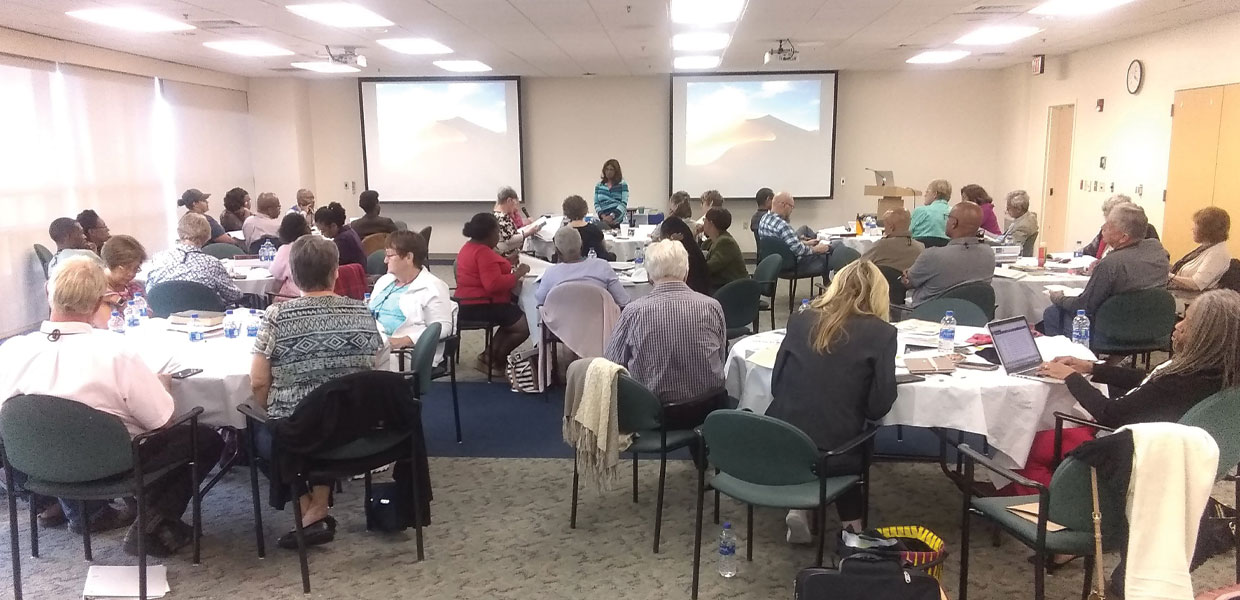
Isolation during the COVID-19 pandemic has been a detriment to dysfunction and addiction recovery. However, there are solutions provided through modern technology.
People recovering from various dysfunctions and addiction have had relapses in their recovery due to the isolation caused by the pandemic. One meaningful tool in recovery is attending recovery meetings on a regular basis and interacting with others who have the same common enemy. Most people in recovery attend at least one meeting a week and are bolstered by the sharing of strength, hope, and experience by the attendees.
The pandemic has caused a majority of recovery meetings to shut down in order to not add to the spread of this deadly virus in their communities. Many recovery meetings are held in churches and government buildings that are not allowing meetings to be conducted following the Centers for Disease Control and Prevention guidelines for gatherings. Most have worked their recovery programs by staying in contact with other meeting members and their sponsors, which helps greatly. The accountability to a sponsor is one of the strongest things that prevents relapse.
The best preventive medicine, however, is to surrender to God and let Him work in your recovery (step 3 of the 12 steps of recovery). Isolation creates problems because it’s sometimes easy to fall into old patterns of being self-centered, and think we can handle it all on our own. The dysfunction/addiction is cunning, baffling, and powerful, and thus can confuse the recovery process; we can forget that we are powerless over it (step 1 of the 12 steps of recovery), and that is very dangerous.
The biggest danger of this isolation that has taken place during the pandemic is to those in early recovery. The newcomer has not practiced the principles of recovery for a period of time that would enable them to be strengthened for the battle, which is lifelong. They have not yet surrendered fully to God as, in many cases, this is a brand-new concept. The isolation allows time to get into improper thinking, and those struggling move back to the dysfunction or addiction. The problem has intensified throughout the pandemic, and news of folks relapsing and dying has been dramatic and painful.
The good news is that God has been at work to meet our needs. Philippians 4:19 says, “And my God will meet all your needs according to the riches of His glory,” NIV. Today’s technology in video conferencing, which has been in the business world for a while, is now widely available. Programs like Zoom and Skype and others have allowed online recovery meetings to take place. Meeting programs, along with YouTube, have allowed church services to be brought into the homes, and that has been a blessing for many. God is so good, as shown to us in 1 Corinthians 10:13: “No temptation has overtaken you except what is common to mankind. And God is faithful; He will not let you be tempted beyond what you can bear. But when you are tempted, He will also provide a way out so that you can endure it,” NIV. He has, through technology, given us the resources to overcome our isolation situation during this pandemic.
Persons in recovery who have been struggling with their addictions or dysfunction can now attend virtual support groups such as AA (https://www.thetokenshop.com/Online_AA_Meetings), NA, Celebrate Recovery, and Adventist Recovery Ministries (ARM), to continue their recovery process.
Interested persons can visit the ARM web page at https://nadhealth.org/recovery/. It has much-needed information on Christ-centered recovery: “The study and practice of the biblical principles of recovery which leads to a closer relationship with Jesus Christ.” There are links on this page to “The Twelve,” an online Zoom “Journey to Wholeness” meeting being held each Thursday at 7 p.m., Eastern, for facilitators of the program. There are links to training and information on how to start a group at your church. We can provide online or in-person awareness programs. Contact the ministry or me at gailileo1@yahoo.com.
is the coordinator for Adventist Recovery Ministries in the Southern Union territory.
Southern Union | March 2021



Comments are closed.